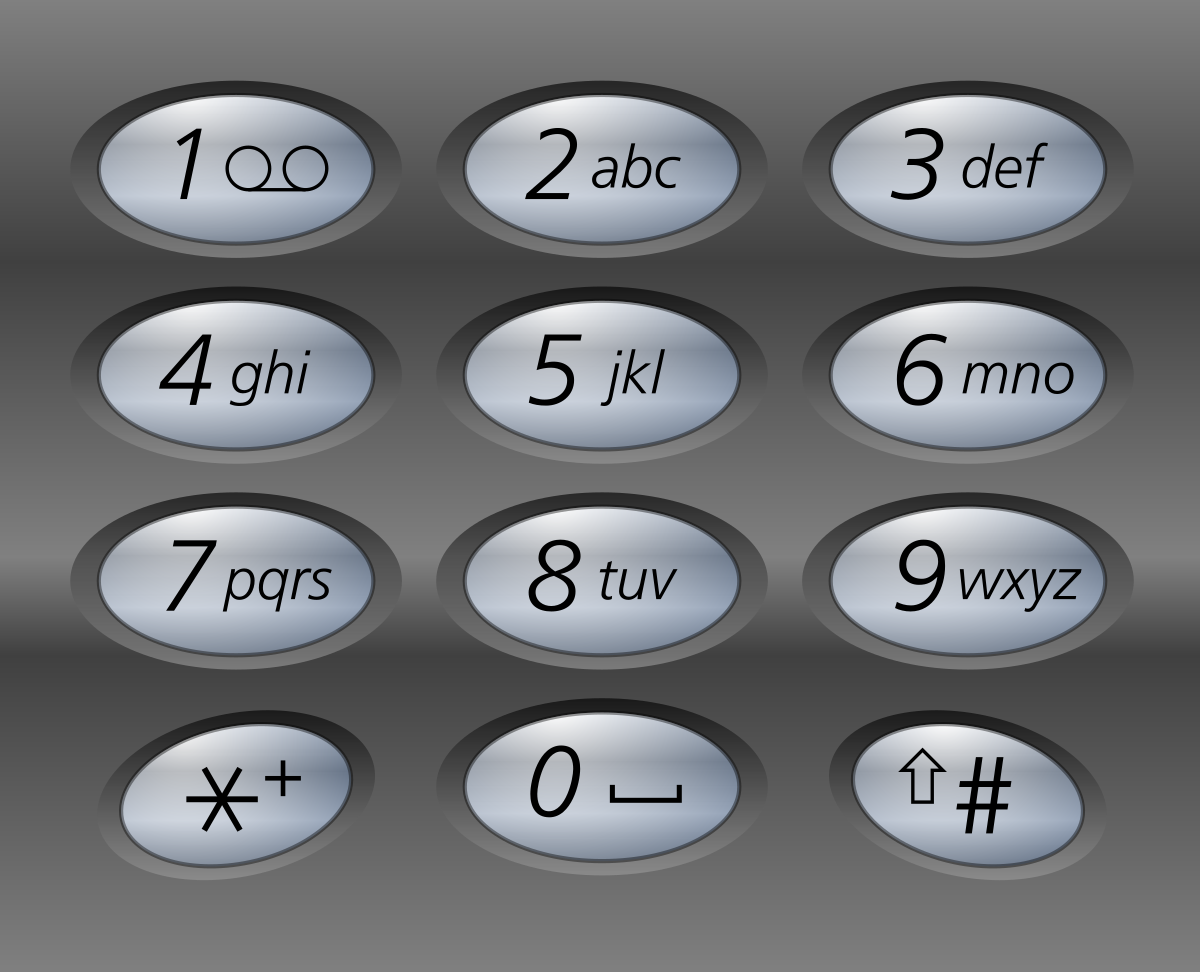Letter Combination
Question
Given a string containing digits from 2-9 inclusive, return all possible letter combinations that the number could represent. Return the answer in any order.
A mapping of digits to letters (just like on the telephone buttons) is given below. Note that 1 does not map to any letters.

Input: digits = "23"
Output: ["ad","ae","af","bd","be","bf","cd","ce","cf"]
Input: digits = ""
Output: []
Input: digits = ""
Output: []
Solution
Normal bruteforce
The idea is we just have a for loop to combine with the current result in our array.
class App:
def __init__(self):
self.numberToString = {
"0": [],
"1": [],
"2": ["a", "b", "c"],
"3": ["d", "e", "f"],
"4": ["g", "h", "i"],
"5": ["j", "k", "l"],
"6": ["m", "n", "o"],
"7": ["p", "q", "r", "s"],
"8": ["t", "u", "v"],
"9": ["w", "x", "y", "z"],
}
def letterCombination(self, s: str) -> List[str]:
result = []
for num in s:
if not result:
result = self.numberToString[num].copy()
else:
newResult = self.combine(self.numberToString[num], result)
if (newResult):
result = newResult
return result
def combine(self, characterList: List[str], resultArray: List[str]):
if not characterList or not resultArray: return
newResult = []
for result in resultArray:
for character in characterList:
newResult.append(result + character)
return newResult
Time complexity:
Space complexity:
4is because one maximum we can have 4 characters in a number (as number7). So if we have7777, it will be4 x 4 x 4 x 4=
Backtracking
The idea is we have to explore out from the first index. And then we can keep continue from next and next index.
class App:
def __init__(self):
self.numberToString = {
"0": [],
"1": [],
"2": ["a", "b", "c"],
"3": ["d", "e", "f"],
"4": ["g", "h", "i"],
"5": ["j", "k", "l"],
"6": ["m", "n", "o"],
"7": ["p", "q", "r", "s"],
"8": ["t", "u", "v"],
"9": ["w", "x", "y", "z"],
}
def letterCombinations(self, s: str) -> List[str]:
if not s: return []
self.result = []
self._letterCombinations([], 0, s)
return self.result
def _letterCombinations(self, currentString: List[str], currentIndex: int, s: str):
if len(currentString) > 0 and (currentIndex == len(s) or currentIndex < len(s) and not self.numberToString[s[currentIndex]]):
self.result.append("".join(currentString))
return
for letter in self.numberToString[s[currentIndex]]: # a, b, c
currentString.append(letter)
self._letterCombinations(currentString, currentIndex + 1, s)
currentString.pop()
In here the if condition check:
if (currentIndex == len(s) or currentIndex < len(s) and not self.numberToString[s[currentIndex]]):
Is for the scenario that:
- We can form all the string of correct length (
currentIndex == len(s)) - We can form a string of not correct length but there is nothing else to form (e.g
12)
Time complexity:
Space complexity: